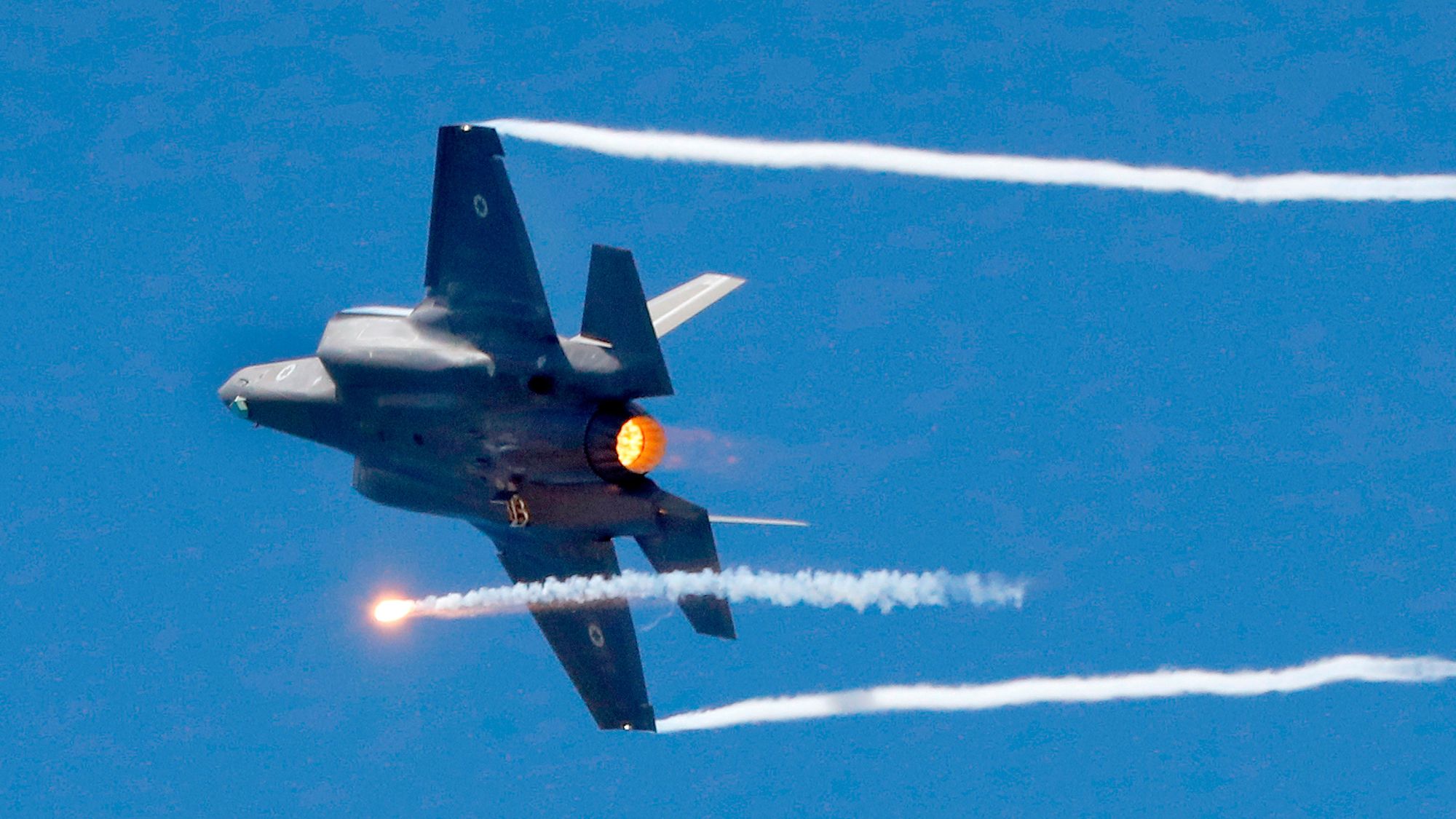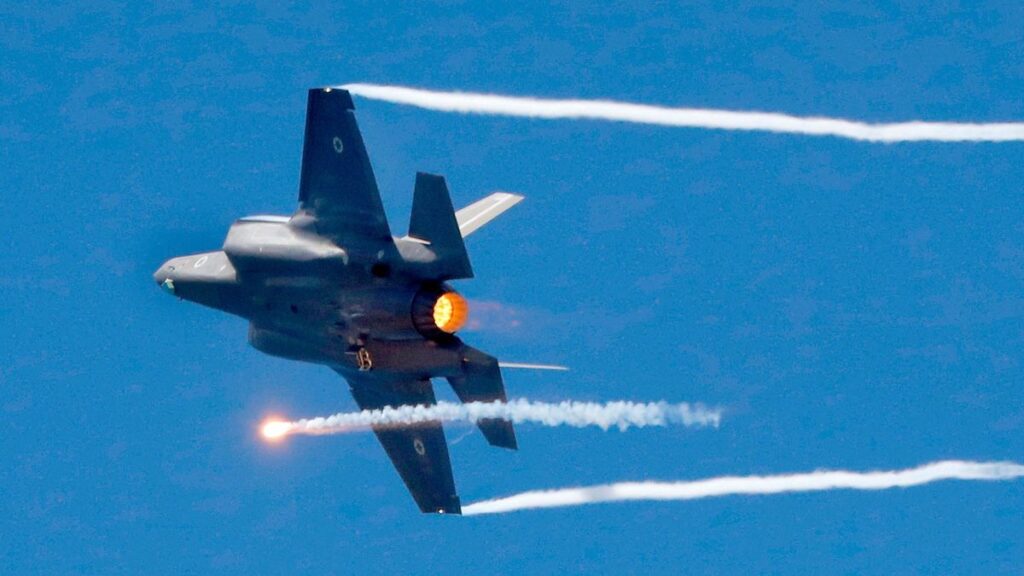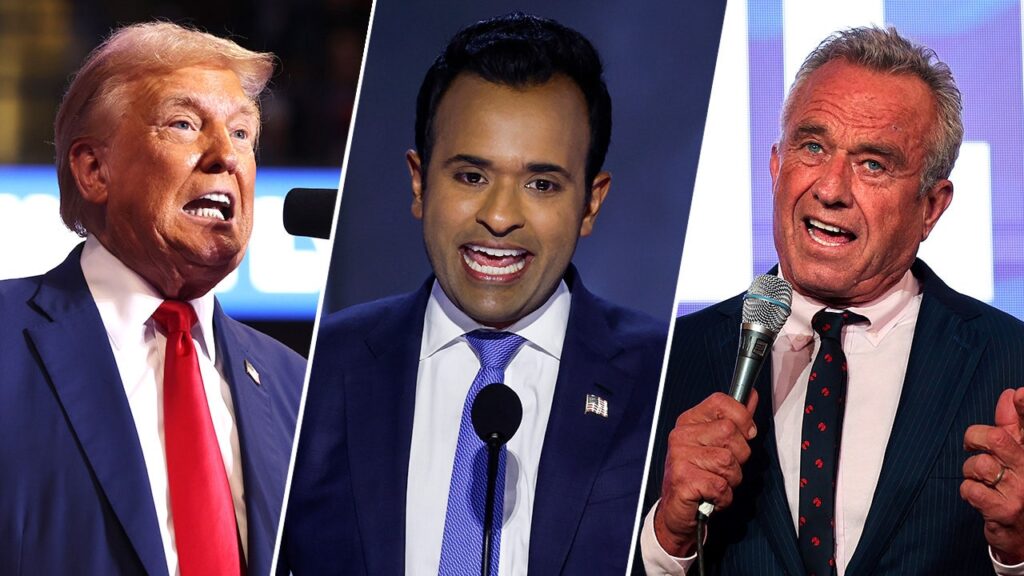The UK has broken with the Biden administration in Washington by limiting the sale of a raft of arms components to Israel, saying there is a “clear risk” they could be used in violation of international humanitarian law.
Foreign Secretary David Lammy announced that 30 licences, including parts for fighter planes, helicopters and drones, would be put on hold. But he insisted the UK continued to support Israel’s right to defend itself. ‘This is not a blanket ban, this is not an arms embargo.”
The current plan is that new licences will be assessed on a case by case basis, and if Israel’s conduct improves, suspensions could be lifted.
Subscribe to The Week
Escape your echo chamber. Get the facts behind the news, plus analysis from multiple perspectives.
SUBSCRIBE & SAVE
Sign up for The Week’s Free Newsletters
From our morning news briefing to a weekly Good News Newsletter, get the best of The Week delivered directly to your inbox.
From our morning news briefing to a weekly Good News Newsletter, get the best of The Week delivered directly to your inbox.
Britain’s 350 export licences with Israel represent a “tiny amount” of the nation’s total weapons imports, said Politico. But Israel’s Prime Minister Benjamin Netanyahu, who is currently facing “increased pressure from domestic protests and strikes”, called the ban “shameful”. “With or without British arms, Israel will win this war,” he said.
Israel’s Defence Minister Yoav Gallant said the UK’s decision comes at a time when Israel is fighting a war “launched by a savage terrorist organisation” and mourning six hostages “executed in cold blood by Hamas”. Foreign Minister Israel Katz was “furious” over the decision, telling The Telegraph that it sends a “problematic message to the terrorist organisation Hamas”.
Since the Hamas attacks on 7 October and the subsequent Israeli military operation in Gaza, Western governments have been “coming under growing pressure” to stop arms sales, said the BBC. Amnesty International UK criticised the new suspension saying it was “too limited”.
This suspension is expected to “cause strains with the Biden administration in the US” and Trump-aligned Republicans, both of whom argue against suspending arms exports under international law, said The Guardian. Biden is “under pressure” from pro-Palestinian Democrats to leverage the issue of arms sales to push Netanyahu for concessions in ceasefire talks.
In 1982, Britain’s then prime minister Margaret Thatcher suspended arms licences to Israel altogether in response to its invasion of Lebanon. The embargo was lifted in 1994, although briefly reimposed in 2002 after it emerged that UK-made weapons were being used in the Palestinian territories, in breach of usage agreements.



